i have correctly running code for mvc4 using c# as follows:
try
{
foreach (var spec in db.Questions)
{
int[] ans = db.Answers.Where(m => m.in_Id == spec.in_Id).Select(m => m.in_AnswerID).ToArray();
Random RandString = new Random();
foreach (var prod in db.Sheet)
{
SheetAns prodAns = new SheetAns()
{
in_SheetID = prod.in_SheetID
};
SheetAns.in_AnswerID = ans[RandString.Next(0, ans.Length)];
db.SheetAns.Add(prodAns);
}
}
db.SaveChanges();
return "Success" ;
}
catch(Exception ex)
{
return "Fail => " + ex.Message ;
}
this code is having large execution time.
I want to perform same operation using sql query or stored procedure for database.

How can we convert this code to pure sql server 2008 query(or stored procedure) ?
Thank you, in advance.